Catholics build ties with Iran’s Muslims
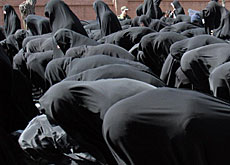
Switzerland's Catholic Church is sending a delegation to Iran on Monday as part of ongoing efforts to foster dialogue with the country's Muslim majority.
The Swiss delegation is being led by Pierre Bürcher, assistant bishop of Lausanne, Geneva, Fribourg and Neuchâtel, who tells swissinfo what the trip hopes to achieve.
The week-long visit by a ten-strong delegation from the “Islam” working group of the Swiss Bishops’ Conference follows an invitation from the Islamic Culture and Relations Organisation (ICRO).
Members of the Iranian body spent several days in Switzerland last September and got an insight into the Swiss religious situation.
swissinfo: What is the agenda for your visit to Iran?
Pierre Bürcher: The aim is not political but religious and cultural. If fact, we are continuing the dialogue initiated last September with the ICRO on the theme of religious minorities and religious rights.
As for the details of our visit, our Iranian hosts are in charge of that. We have however asked if we can meet leaders of the Catholic Church in Iran and visit Christian communities. We also hope to have contact with representatives of the Jewish community in Iran.
swissinfo: What is life like for the Christian and Jewish minorities in Iran?
P.B.: Frankly since we do not know what the situation is like for these minorities, it seems sensible to me not to draw premature conclusions.
swissinfo: Many in the West see Iran, with Afghanistan, as one of the more backward-looking and repressive countries in terms of religion. With this in mind, is Iran really a good partner for inter-religious dialogue?
P.B.: Iran today is a country of major importance, not just in itself, but also with regards to its influence abroad. These are the reasons why we initiated dialogue with this country.
While not forgetting American threats concerning the nuclear programme nor Amnesty International’s report which said that “religious and ethnic minorities are persecuted” in Iran, we need to adhere to the words of Pope John XXIII, initiator of Vatican II: “Regard one another without provoking one another, meet one another without fearing one another, discuss with one another without compromising one another.”
swissinfo: One of the goals of dialogue with Islam is to help resolve issues in Switzerland. But the overwhelming majority of Muslims in Switzerland are Sunnis, whereas Iran is predominantly Shi’ite.
P.B.: Whether a country is majority Shi’ite or Sunni, its religious foundation, the Koran, is the same. As a result, relations with non-Muslims are the same.
All Muslims are potential partners of the Christian-Islamic dialogue. Our “Islam” working group is concerned with inter-religious dialogue but without restricting this to majority groups. We are therefore particularly interested in seeing first-hand the situation for minority Christians and Jews.
swissinfo: What are the main themes on which Muslims and Christians can find common ground? And what are the main points of contention that cannot be broached?
P.B.: This question goes to the heart of all intercultural and inter-religious dialogue. Right now we are in the process of putting into practice what Vatican II set out more than 40 years ago, urging Muslims and Christians to forget the past and strive for mutual understanding, as well as “to protect and promote at the same time, for all men, social justice, moral values, peace and liberty”.
Therefore it is not a question of us picking through all the difficulties that exist between Islam and Christianity but to build bridges of respect and understanding between the two.
swissinfo, Olivier Pauchard
Muslims represented 4.3% of the Swiss population in 2000 – up from 2.2% in 1990. Most come from the Balkans or Turkey and are Sunnis.
Swiss society regularly faces demands from the Muslim community over issues such as Muslim plots in cemeteries, the erection of minarets and separate swimming sessions for men and women.
Most Iranians are Muslims: 90% belong to the Shi’ite branch of Islam, the official state religion, and about 9% belong to the Sunni branch (many of whom are Kurds). The remainder are mainly Bahá’ís, Mandeans, Zoroastrians, Jews and Christians.

In compliance with the JTI standards
More: SWI swissinfo.ch certified by the Journalism Trust Initiative
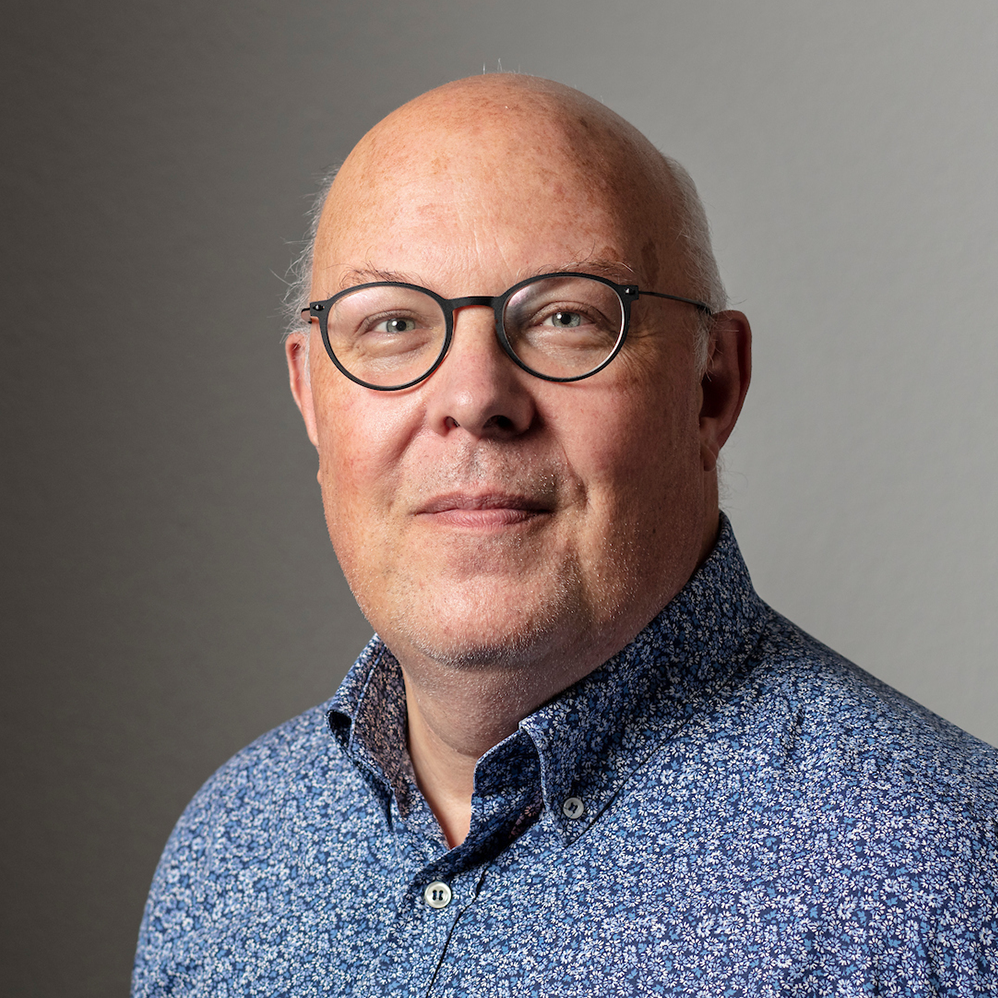
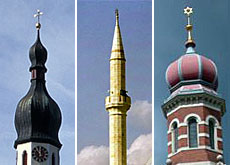
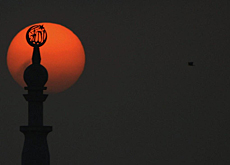
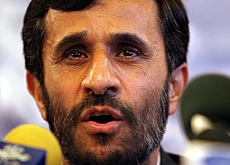
You can find an overview of ongoing debates with our journalists here. Please join us!
If you want to start a conversation about a topic raised in this article or want to report factual errors, email us at english@swissinfo.ch.